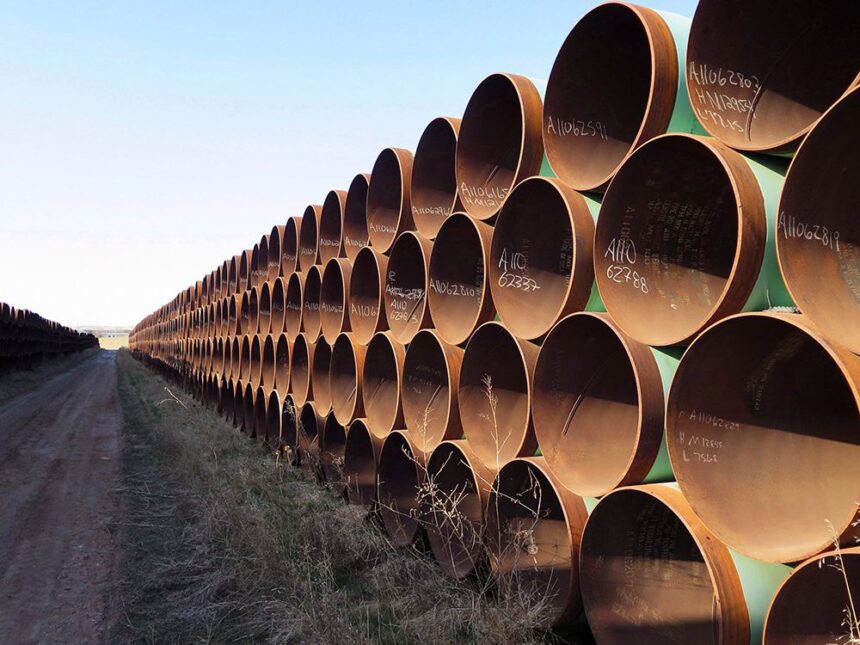In a strategic pivot that could fundamentally reshape North American energy dynamics, Canada’s proposed Trans Mountain pipeline expansion is gaining momentum as a conduit to Asian markets rather than the United States. This development, supported by former Bank of Canada governor Mark Carney, represents a significant shift in Canada’s energy export strategy amid evolving geopolitical tensions and market uncertainties.
The federal government’s $34 billion Trans Mountain pipeline expansion, scheduled for completion later this year, will nearly triple the system’s capacity to 890,000 barrels per day. While historically Canadian oil has flowed predominantly southward to American refineries, industry analysts note this infrastructure project creates unprecedented opportunities for Canadian producers to diversify toward Asian markets, particularly China.
“The completion of Trans Mountain provides Canadian producers with optionality they’ve never had before,” said Kevin Birn, chief analyst at S&P Global Commodity Insights. “This isn’t just about new markets—it’s about leverage in existing relationships and creating competitive pressure on pricing.”
The timing proves particularly significant as Donald Trump’s return to presidential politics raises concerns about potential tariffs on Canadian exports. During his previous administration, Trump imposed various tariffs on Canadian goods and frequently criticized the trade relationship between the two nations.
Carney, who now serves as vice-chair at Brookfield Asset Management and maintains significant influence in Canadian politics, has publicly supported the pipeline’s potential to reduce Canada’s dependence on the American market. His backing comes as Chinese refineries have demonstrated increasing interest in Canadian heavy crude, which typically trades at a discount to international benchmarks.
“The ability to access Pacific markets represents a fundamental shift in Canada’s energy export paradigm,” said Rory Johnston, founder of the Commodity Context newsletter. “Canadian producers have historically been price-takers in the American market. Direct access to Asian buyers changes that dynamic entirely.”
The pipeline expansion faces challenges, however. Environmental concerns continue to generate opposition, particularly in British Columbia where coastal communities have expressed alarm about increased tanker traffic and potential marine impacts. Additionally, the project’s substantial cost overruns have raised questions about its ultimate economic viability.
For Canada’s business sector, the stakes couldn’t be higher. The country’s oil industry has long suffered from price discounts due to transportation constraints and captive markets. In 2018, these differentials widened dramatically, prompting Alberta’s government to impose production curtailments to stabilize prices.
The Trans Mountain expansion represents the culmination of a contentious political process that began under former Prime Minister Stephen Harper and continued through Justin Trudeau’s administration, which ultimately purchased the pipeline in 2018 to ensure its completion after previous owner Kinder Morgan threatened to abandon the project.
Energy experts note that while increased exports to China present new opportunities, they also introduce fresh complexities into Canada’s foreign policy calculations. Relations between Ottawa and Beijing have been strained in recent years over various diplomatic and human rights concerns.
“Diversification is undoubtedly positive for Canadian producers,” said Rachel Ziemba, founder of Ziemba Insights. “But it also means navigating a more complex geopolitical landscape where energy trade becomes increasingly intertwined with broader foreign policy objectives.”
As the pipeline nears completion, the fundamental question remains: will Canada successfully balance its economic interests with environmental commitments and geopolitical considerations in an increasingly volatile global landscape?

























